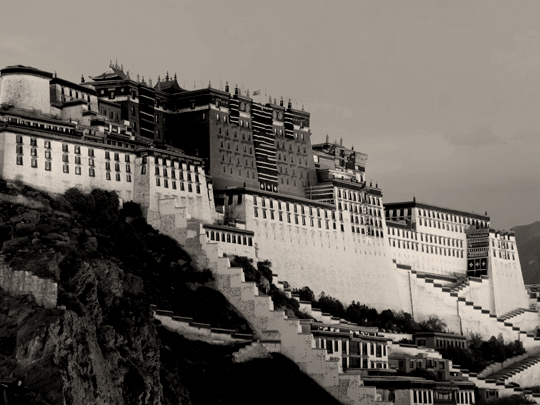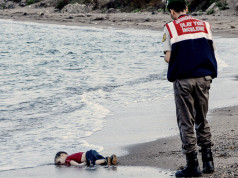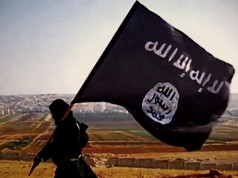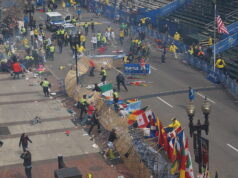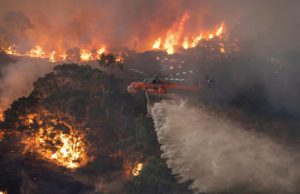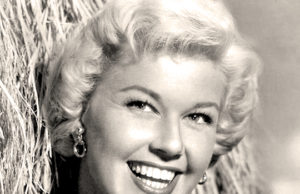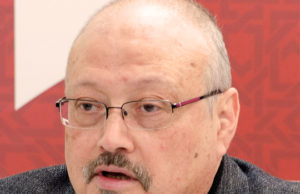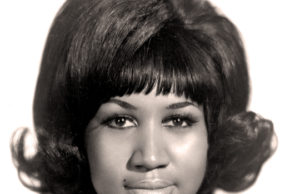Wikimedia Commons / CC-BY-SA-3.0 / GFDL
1 – Dalai Lama Flees Tibet for India
At the outset of the 1959 Tibetan uprising, fearing for his life, the Dalai Lama and his entourage fled Tibet with the help of the CIA’s Special Activities Division.
They crossed into India on 30 March 1959, reaching Tezpur in the state of Assam on 18 April.
He went on to set up the Government of Tibet in Exile in Dharamshala, India, which is often referred to as “Little Lhasa“.
After the founding of the government in exile, he re-established the approximately 80,000 Tibetan refugees who followed him in agricultural settlements.
He created a Tibetan educational system in order to teach the Tibetan children the language, history, religion, and culture.
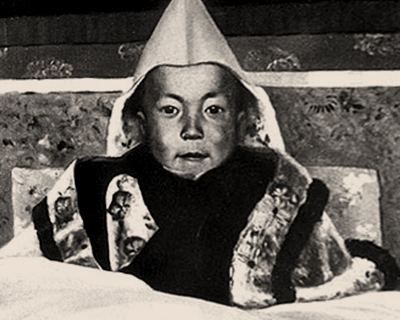
The Tibetan Institute of Performing Arts was established in 1959 and the Central Institute of Higher Tibetan Studies became the primary university for Tibetans in India in 1967.
He supported the refounding of 200 monasteries and nunneries in an attempt to preserve Tibetan Buddhist teachings and the Tibetan way of life. The Dalai Lama appealed to the United Nations on the rights of Tibetans.
This appeal resulted in three resolutions being adopted by the General Assembly in 1959, 1961, and 1965, all before the People’s Republic was allowed representation at the United Nations.
The resolutions called on China to respect the human rights of Tibetans.
In 1963, he promulgated a democratic constitution which is based upon the Universal Declaration of Human Rights, creating an elected parliament and an administration to champion his cause.
2 – The Day the Music Died
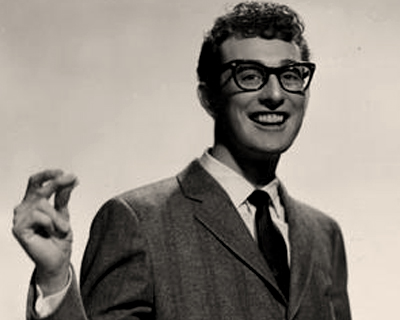
On February 3, 1959, rock and roll musicians Buddy Holly, Ritchie Valens, and J. P. “The Big Bopper” Richardson were killed in a plane crash near Clear Lake, Iowa, together with pilot Roger Peterson.
The event later became known as “The Day the Music Died”, after singer-songwriter, Don McLean referred to it in his 1971 song “American Pie”.
At the time, Holly and his band, consisting of Waylon Jennings, Tommy Allsup, and Carl Bunch, were playing on the “Winter Dance Party” tour across the Midwest.
Rising artists Valens and Richardson had joined the tour as well.
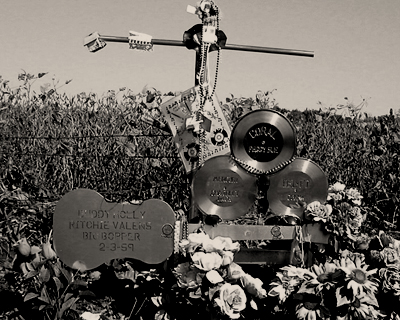
The long journeys between venues onboard the cold, uncomfortable tour buses adversely affected the performers, with cases of flu and even frostbite.
After stopping at Clear Lake to perform, and frustrated by such conditions, Holly decided to charter a plane to reach their next venue in Moorhead, Minnesota.
Richardson, who had flu, swapped places with Jennings, taking his seat on the plane, while Allsup lost his seat to Valens on a coin toss.
Soon after take-off, late at night and in poor, wintry weather conditions, the pilot lost control of the light aircraft, which subsequently crashed into a cornfield, leaving no survivors.
3 – Fidel Castro is Sworn-in as Prime Minister of Cuba

After taking a key role in the Cuban Revolution by leading the 26th of July Movement in a guerrilla war against Fulgencio Batista’s forces, Fidel Castro was sworn in as Prime Minister of Cuba, on February 16, 1959.
In April he visited the U.S. on a charm offensive where he met Vice President Richard Nixon, whom he instantly disliked.
Proceeding to Canada, Trinidad, Brazil, Uruguay, and Argentina, Castro attended an economic conference in Buenos Aires, unsuccessfully proposing a $30 billion U.S.-funded “Marshall Plan” for Latin America.
In May 1959 Castro signed into law the First Agrarian Reform, setting a cap for landholdings to 993 acres per owner and prohibiting foreigners from obtaining Cuban land ownership.
Around 200,000 peasants received title deeds as large landholdings were broken up; popular among the working class, it alienated the richer landowners.
Castro appointed himself president of the National Tourist Industry, introducing unsuccessful measures to encourage African-American tourists to visit, advertising Cuba as a tropical paradise free of racial discrimination.
Judges and politicians had their pay reduced while low-level civil servants saw theirs raised, and in March 1959, Castro declared rents for those who paid less than $100 a month halved.
President Urrutia expressed concern with the rising influence of Marxism. Castro, in turn, announced his resignation as Prime Minister, blaming Urrutia for complicating government with his anti-Communism.
Over 500,000 Castro-supporters surrounded the Presidential Palace demanding Urrutia’s resignation, which he submitted. On July 23, Castro resumed his role and appointed Marxist Osvaldo Dorticós as President.
4 – Groucho, Chico & Harpo’s Final TV Appearance Together
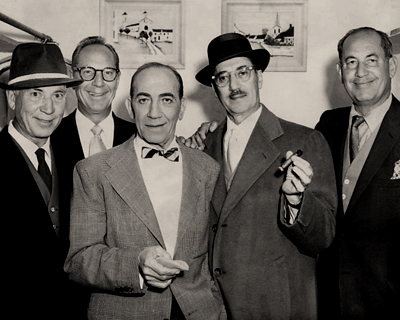
The Marx Brothers were a family comedy act that was successful in vaudeville, on Broadway, and in motion pictures from 1905 to 1949.
The brothers were included in AFI’s ‘100 Years…100 Stars’ list of the 25 greatest male stars of Classic Hollywood cinema, the only performers to be inducted collectively.
In 1959, the Groucho, Chico & Harpo began production of a TV series starring Harpo and Chico as blundering angels, and Groucho as their boss.
The project was abandoned when Chico was found to be uninsurable due to severe arteriosclerosis.
On March 8, Chico and Harpo starred as bumbling thieves in The Incredible Jewel Robbery, a half-hour pantomimed episode of the General Electric Theater on CBS.
Groucho made a cameo appearance in the last scene, uncredited, because of constraints in his NBC contract, and delivered the only line of dialogue (“We won’t talk until we see our lawyer!”).
It proved to be their last TV appearance together. Chico died of arteriosclerosis at age 74 on October 11, 1961, at his home in Hollywood. He was the eldest brother and the first to die.


